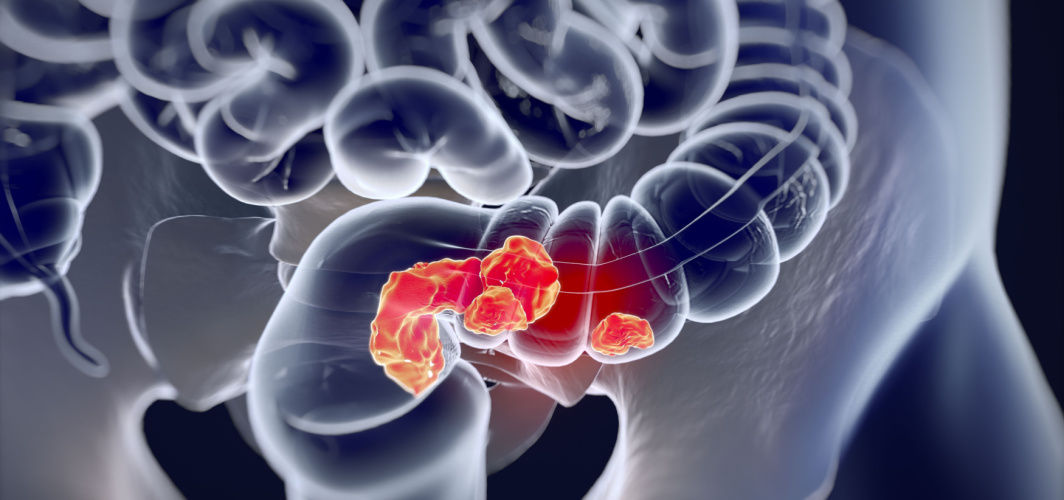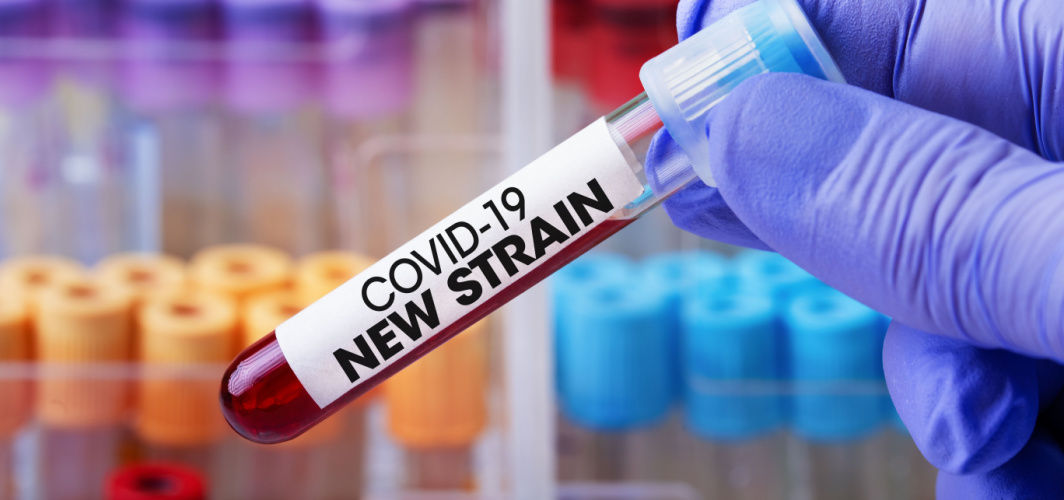General Health
Colorectal Cancer: Risk Factors and Prevention
5 min read
By Apollo 24|7, Published on - 13 October 2023
Share this article
0
0 like

Colorectal cancer is a type of cancer that develops in the colon or rectum. It is one of the most common types of cancer worldwide, including in India. By educating ourselves about the risk factors and prevention methods, we can make informed decisions that may help prevent colorectal cancer in its early stages. If detected in the early stages, doctors can provide appropriate colorectal cancer treatments. In the following sections, we will delve deeper into each aspect of colorectal cancer risk factors and prevention methods to provide you with valuable insights and guidance.
What is Colorectal Cancer?
Colorectal cancer, also known as bowel cancer or colon cancer, is a type of cancer that affects the colon or rectum. It typically starts as small benign growths called polyps, which can eventually turn cancerous if left untreated.
In India, colorectal cancer is becoming increasingly prevalent. According to recent studies, it is the third most common cancer in men and the second most common in women. The risk of developing colorectal cancer increases with age, but it can affect people of all ages.
Regular screenings such as colonoscopies can help identify and remove polyps before they become cancerous. If diagnosed early, colorectal cancer treatments may include surgery, chemotherapy, radiation therapy, and targeted drug therapy.
Risk Factors for Colorectal Cancer
The colorectal cancer risk factors include:
1. Age and Family History
Colorectal cancer risk increases with age, especially after the age of 50, due to the growth of colon polyps which undergo genetic changes thereby turning healthy tissue into cancer.
Additionally, having a family history of colorectal cancer or certain genetic conditions, such as Lynch syndrome or familial adenomatous polyposis (FAP), can significantly increase the risk.
2. Lifestyle Factors
Certain lifestyle habits can affect colorectal cancer risk which include:
- Sedentary Lifestyle: Leading a sedentary lifestyle and not engaging in regular physical activity can contribute to the development of colorectal cancer.
- Unhealthy Diet: Consuming a diet that is high in processed foods, saturated fats, and red meat has been linked to increased colorectal cancer risk.
- Obesity: Being overweight or obese increases the risk of developing colorectal cancer.
3. Smoking and Alcohol Consumption
Both smoking and heavy alcohol consumption can increase colorectal cancer risk. Alcohol intensifies the absorption of tobacco's cancer-causing chemicals in the mouth and throat. It can also affect nutrient absorption, like folate, linked to colorectal cancer risk.
4. Certain Medical Conditions and Medications
Medical conditions like inflammatory bowel disease (IBD), such as Crohn's disease or ulcerative colitis, increase the chances of developing colorectal cancer. Additionally, long-term use of certain medications, such as nonsteroidal anti-inflammatory drugs (NSAIDs), may also play a role in increasing the risk.
Dietary Considerations for Colorectal Cancer
The impact of dietary factors and prevention for colorectal cancer include:
1. The Role of Diet
A balanced diet significantly impacts colorectal cancer prevention, by promoting regular bowel function. Fruits, foods rich in antioxidants, vegetables, and vitamins in the diet offer protection, while limiting saturated fats from high-fat foods is crucial. Adequate calcium and vitamin D intake also lowers the risk.
2. High-fiber Foods
Fiber aids in proper digestion and prevents constipation, thereby reducing the risk of colon cancer. Whole grains, such as whole wheat bread, brown rice, and oats, are excellent sources of fibre. Legumes, including lentils, chickpeas, and kidney beans, are also rich in fibre and protein. Adding more fruits to your diet can provide ample fibre as well.
3. Reducing the Consumption of Meat
Limiting the consumption of processed meats and red meat (pork or lamb) is essential as they contain harmful additives and preservatives that may increase the risk of developing cancer.
4. Choosing Healthier Cooking Methods
Opting for healthier cooking methods like grilling, steaming, or baking can help reduce the formation of harmful compounds. Avoiding deep-frying can decrease the risk of carcinogen formation.
5. Staying Hydrated
Drinking an adequate amount of water helps maintain healthy bowel movements and prevents constipation.
By making these dietary changes and adopting a healthier lifestyle, you can reduce your risk of developing colorectal cancer and promote overall well-being.
Preventive Measures for Colorectal Cancer
Colorectal cancer prevention may include:
1. Regular Screening
Regular screening, including colonoscopy, sigmoidoscopy, and faecal occult blood tests, is vital for early detection and colorectal cancer prevention. Those with average risk should begin screening at the age of 45, while higher-risk individuals may start earlier.
2. Maintaining a Healthy Weight
Obesity has been linked to an increased likelihood of developing this type of cancer. Excess body fat, especially around the waistline, can lead to chronic inflammation and insulin resistance, which are known colorectal cancer risk factors. A balanced diet can aid in reducing the risk of colorectal cancer.
3. Smoking Cessation
Tobacco smoke contains harmful chemicals that can damage DNA and promote the growth of cancer cells in the colon and rectum. Quitting smoking is an important step towards reducing the risk of colorectal cancer.
Lifestyle Modifications for Prevention
The lifestyle modifications used for colorectal cancer prevention include-
1. Stress Management Techniques
Chronic stress can weaken the immune system and promote inflammation, which can contribute to the development of cancer. To reduce your risk, you may include practising mindfulness, seeking social support, and finding activities that help you relax and unwind.
2. Sleep
Getting enough sleep for 7 to 8 hours is important for your overall well-being. Inadequate sleep and disrupted sleep patterns may increase the risk of developing this type of cancer.
3. Importance of Physical Activity
Regular exercise helps to keep the digestive system healthy, aids in weight management, and improves overall gut function. Exercise can benefit colon health and contribute to reducing the risk of colorectal cancer. They include:
- Walking
- Jogging
- Swimming
- Strength training
- Resistance exercises
Conclusion
In conclusion, colorectal cancer risk factors include age, family history, lifestyle choices, and medical conditions. Prevention involves adopting a healthy lifestyle with exercise, a balanced diet, and avoiding tobacco and excess alcohol. Early detection through regular screening is vital for better prognosis, especially for high-risk individuals to ensure timely colorectal cancer treatments. Consult a healthcare professional for guidance and take control of your health to reduce colorectal cancer risk.
General Health
Frequently Asked Questions
Is age a risk factor for colorectal cancer?
Is age a risk factor for colorectal cancer?
Can a family history of colorectal cancer increase my risk?
Can a family history of colorectal cancer increase my risk?
Does a high-fat diet contribute to colorectal cancer?
Does a high-fat diet contribute to colorectal cancer?
Can smoking and excessive alcohol consumption increase my risk?
Can smoking and excessive alcohol consumption increase my risk?
Are there any preventive measures I can take?
Are there any preventive measures I can take?
Leave Comment
Recommended for you

General Health
Sore throat: Causes and Remedies
Dive into sore throat causes, explore the latest sore throat treatment options, and learn about preventive measures.

General Health
Pirola: All You Need To Know About This New COVID Variant
Get the latest updates on the new COVID variant Pirola, including its characteristics, transmission and impact on vaccine effectiveness.

General Health
What To Do If A Bee Stings You?
A honeybee sting can be quite painful. This blog highlights home remedies and medications for bee stings and how you can deal with them.
Subscribe
Sign up for our free Health Library Daily Newsletter
Get doctor-approved health tips, news, and more.
Visual Stories

The Best Exercises for Controlling Blood Sugar Levels
Tap to continue exploring
Recommended for you

General Health
Sore throat: Causes and Remedies
Dive into sore throat causes, explore the latest sore throat treatment options, and learn about preventive measures.

General Health
Pirola: All You Need To Know About This New COVID Variant
Get the latest updates on the new COVID variant Pirola, including its characteristics, transmission and impact on vaccine effectiveness.

General Health
What To Do If A Bee Stings You?
A honeybee sting can be quite painful. This blog highlights home remedies and medications for bee stings and how you can deal with them.